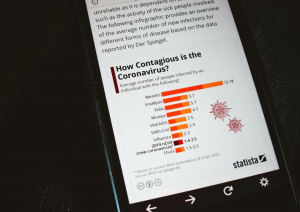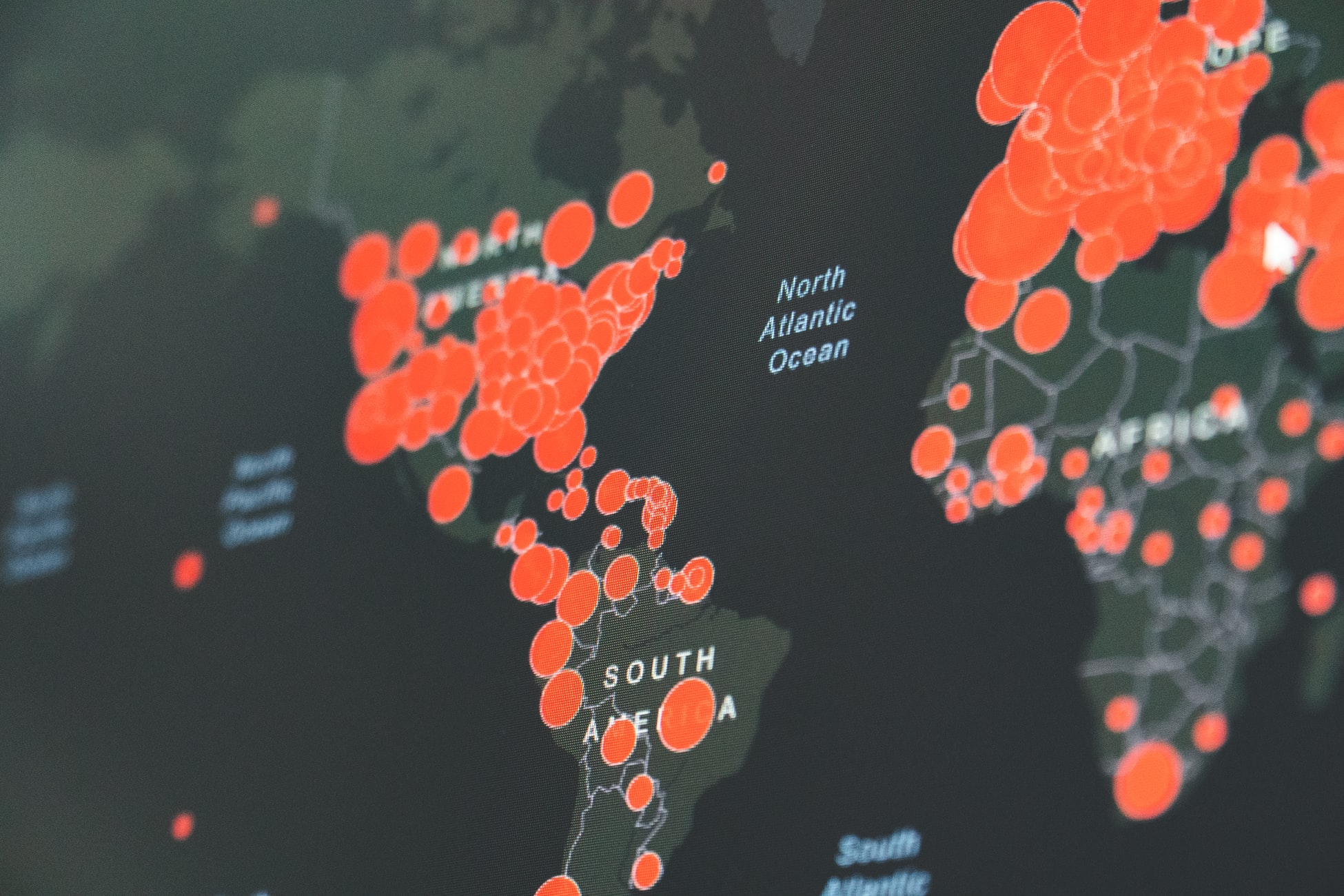In some countries, the authorities have declared a state of emergency, which implies the centralization of exceptional powers. This raises a fair question regarding the role of international law and institutions in this extraordinary, and, in many ways, unprecedented context.
The coronavirus (SARS-CoV-2)/COVID-19 pandemic has become a crisis of multifaceted nature, affecting different dimensions of day-to-day life around the globe. A variety of measures have been adopted by governments all around the world, such as mandatory quarantines and individual isolation, travel bans and sanitary care for those allowed to transit under special permits.
In some countries, the authorities have declared a state of emergency, which implies the centralization of exceptional powers. This raises a fair question regarding the role of international law and institutions in this extraordinary, and, in many ways, unprecedented context.
This article provides an overview of the possible impacts of the current issues in international law.
The International Framework
First, we need to set the reach of powers, obligations, and limits within today’s international law. Only then it will be possible to assess more precisely the repercussions of this virus in the behavior of the states in the international arena.
Historically, as we can imagine, other pandemics have reached critical dimensions. This is not the first time that the international community meets this challenging situation. In 1902, the PanAmerican Health Organization (PAHO) was created. This was the very first international organization specialized in health. And, in 1907, a second institution emerged: the Office Internationale d’Higiène.
Both serve to prove the need for actors that exceed statal jurisdictions to manage control over possible disease outbreaks.
The World Health Organization (WHO) has been on everyone’s lips as the main international institution specialized in public health. Article 2 of the Constitution of the WHO designates its functions as “the directing and coordinating authority on international health work”.
In 2005, this agency issued the International Health Regulations (IHR) to present the rules that would have to be followed to face pandemics. The IHR includes a set of what is understood as “best practices”, which represents a meaningful contribution by providing an international consensus on the steps that should be taken if a pandemic strikes.
Article 18 of the IHR presents several measures that the WHO can recommend to states. They follow an intrusion order, from the least restrictive to the most restrictive measures. So the first mentioned recommendations consist of, for example, isolation of infected individuals, whereas the last ones include travel bans or, even the use of personal data to trace contacts of affected people.
Certainly, there are limits to what can and can’t be done. For instance, states are allowed to refuse entry to foreign visitors. But the degree of restrictiveness adopted must be justified before the organization. Justified in this context means that any additional measures unitarily decided must count with scientific evidence to back it up.
Theoretically, under this kind of circumstance, governments are obligated to report their actions to their organization, so as to hold them accountable. In practice, this has not generally been accomplished.
One last regulation that should be defined is the one specified in Article 12 of the WHO’s Constitution: the WHO´s Director-General to declare a “public health emergency of international concern” (PHEIC) which refers to an “extraordinary event” that meets two requirements:
- It cannot be reduced to the national level
- Poses a risk of international spread
This is how WHO Director-General, Tedros Adhanom Ghebreyesus, declared the coronavirus outbreak as a PHEIC on the last January 30, 2020. Hence, PHEIC declarations are an instrument of international public authority.
What’s at stake?
These are some of the major concerns regarding international law during this pandemic that have raised the question of whether some changes need to be implemented on existing regulations or not.
Economics and International Trade
This is not only a concern for governments or scholars in the economic field. The effects of this crisis affect entrepreneurs, small businesses, and small consumers. Under the previously mentioned Article 18, through its recommendations, WHO may suggest restrictive trade measures that could be in conflict with World Trade Organization regulations.
At the same time, some geographic points have turned out to be more exposed because of commercial routes. In the U.S., the LA port of the state of California is the largest point of entry for goods from China in the country and it has faced a significant slowdown.
International Security
Many nations are viewing the current destabilizing effects of this disease in the light of security and the war against bioterrorism. The framework for chemical weapons elaborated in the Geneva Convention has been brought up to analyze the possibility of coordinated attacks under this methodology and evaluate contingency strategies.
Human Rights
Article 32 IHR speaks of ‘dignity, human rights, and fundamental freedoms”. Highly restrictive measures against people can set a very dangerous precedent, especially because it’s difficult to find an agreeable definition of “limit” to individual free will in an exceptional context like this.
Modifications in regulations could also take place in this field where a line needs to be drawn between general safety and personal rights.
Acknowledgment of the new actors
The last few weeks have proven the fundamental relevance of social networks these days, particularly in two elemental and daily necessities: information and communication.

Many have reached social media in the first place to get an update of what was happening, how did it start and what precautions to take. And, the second circulation and agglomeration became a threat, the virtual channels of communication began to be highly demanded, and not only for social encounters but for professional and academic purposes.
Now, how modernized are international regulations regarding these matters? Some have the possibility to keep working remotely for a company on the other side of the world. And today, it’s no longer a matter of preference.. Some changes in international law might go down this road as well, to ensure the safety of employees around the globe.
Impact on Local Firms and Domestic Law
The coronavirus outbreak has had a grand impact in the Legal Industry. Law firms’ operations have found themselves facing the need for closing their offices and remote working, which in the long term could bring economic consequences.
Many employers search for advice on how to respond when an employee tests positive for COVID-19, and many employees are considering taking legal action because they have not been given the option of remote work. These are just two of the many scenarios where people would look for legal counseling because of the effects of this pandemic in daily-life obligations.
The need for legal assistance is not limited to the work environment. Some travelers got caught in the middle of this pandemic, and are now forced to stay far from their homes. In light of this, it’s fundamental to count with online legal interpreters that would help with any legal procedure or documentation necessary to assist in the process of getting back home.


Join the conversation!